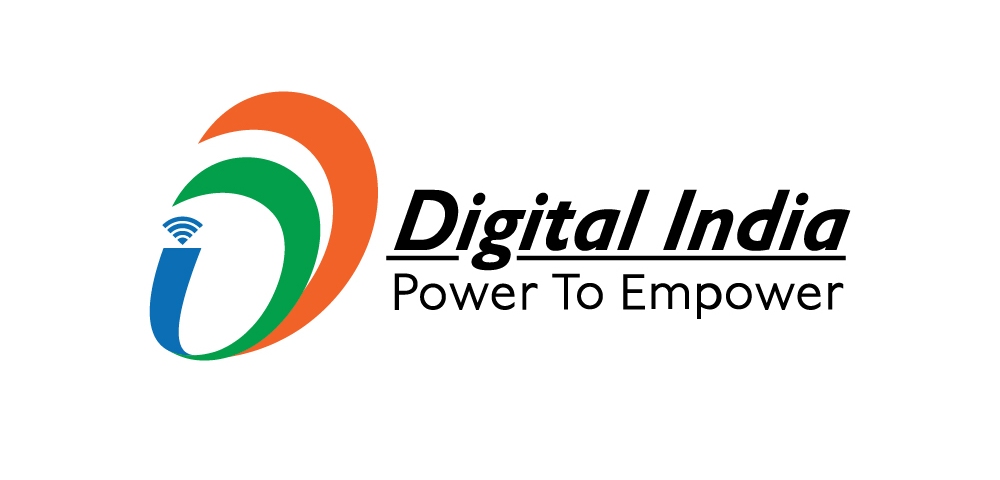The government has recently funded in New Delhi a new regional Area Office and Innovation Centre of the International Telecommunication Union.
India is increasingly recognised on the global stage for its capacity to innovate in the digital sphere. The government has recently funded in New Delhi a new regional Area Office and Innovation Centre of the International Telecommunication Union (ITU). As the ITU press release says, this new centre is intended to promote the “exchange of ideas and innovative solutions” among the countries of the South Asia sub-region. It should enable technologies developed in India to benefit people in other countries, but also expose Indian technologists to new initiatives coming from elsewhere.
Recently, I had an interesting conversation with Tomas Lamanauskas, who is currently campaigning to become the new Deputy Secretary-General of the ITU. He outlined to me his vision of supporting developing countries around the world in learning from what each other is doing to tackle the digital and connectivity challenges that they often have in common, but which can be very different from the challenges experienced in the higher-income countries that have traditionally been considered to be the principal hotbeds of global tech innovation.
“Best practices come from everywhere,” Lamanauskas stressed, as he explained why the ITU should play a pivotal role in bringing deserved attention to grassroots ideas that come from less-heralded sources. The ITU is not a widely known body, but it is fundamentally important. Part of the United Nations, it makes recommendations for regulations and standards that pertain to all manner of information and communication technologies. Agreement on these standards is why networks and devices in one country can interoperate with those in other countries.
As Lamanauskas explained it, “The ITU is the place where the world comes to talk about how to talk. Since 1856 we have been working to make sure people from different countries can use technology to connect with each other. Then it was the telegraph, now it is the internet. It is vital that we maintain the ability to talk to each other even when we disagree, in fact especially when we disagree. And it is also crucial that every country has a rightful seat at the table and has its voice heard.”
Lamanauskas himself is from a small country, Lithuania, whose 2.8 million inhabitants have seen rapid development in the last three decades, powered by the embrace of digital technologies. His career experience in a range of countries in different parts of the world with very differing communication challenges seems to have prepared him well for leadership at the ITU. “When I worked in Bahrain, for example, I helped develop a regional roaming initiative. In Vanuatu, I advised the government on developing a universal access policy that the country’s Prime Minister recently credited with providing 98.8% of the population with mobile coverage and 86.2% with broadband.”
With the current push in India for universal rural connectivity, it is highly refreshing to talk to a candidate for international office who has experienced similar challenges and is passionate about home-grown solutions. “Some issues each country faces are unique,” Lamanauskas says. “Vanuatu is a small island nation, for example. I helped negotiate the deployment of its first submarine cable, which immediately brought a 70% decrease in broadband internet prices. In other countries different interventions or approaches may be needed. But many experiences will cross borders.”
One such approach is India’s indigenous expansion of 5G technology, 5Gi, which makes use of lower-frequency bands to make it more cost-effective to bring high-speed connectivity into rural areas. Many other countries share the challenge of getting remote rural populations online so they can benefit from access to services such as digital id and e-payments, two more spheres where India is demonstrating its innovation prowess. The ITU has accepted 5Gi into its international standards for 5G which will make it more straightforward for other countries to work with providers on infrastructure and equipment.
As India prepares to take over the G20 presidency, it has an opportunity to cement its role as a global leader in affordable communications and expanding the use of digital technologies by all, while also recognising how much India stands to gain from adopting and developing the ideas of others. The aforementioned example of e-payments is an important case in point. The technology is being quickly developed and taken to scale in India, but it famously originated in West Africa. At the same time, our highly successful Aadhar programme is a good example for others to learn on how a massive scale digital ID could be used to boost economic and social inclusion for all.
Ultimately, with the second highest number of tech startups in the world, India is especially well positioned to benefit from a global platform, such as the ITU, that is committed to standardising new technologies and sharing them with the world, especially with the leadership at the helm that shares the India’s vision of digital development.
Rajesh Mehta is a leading international affairs expert.

